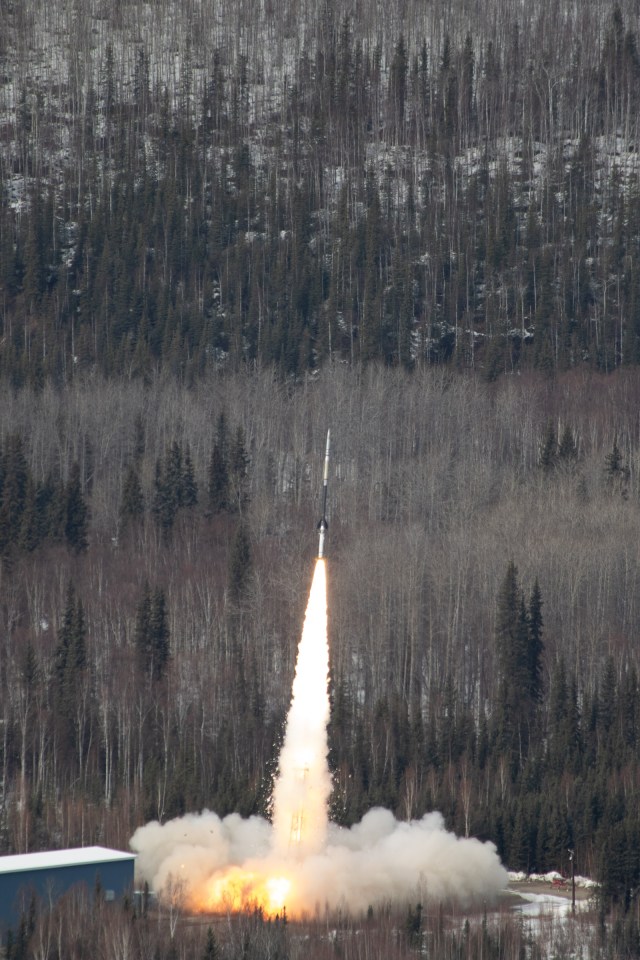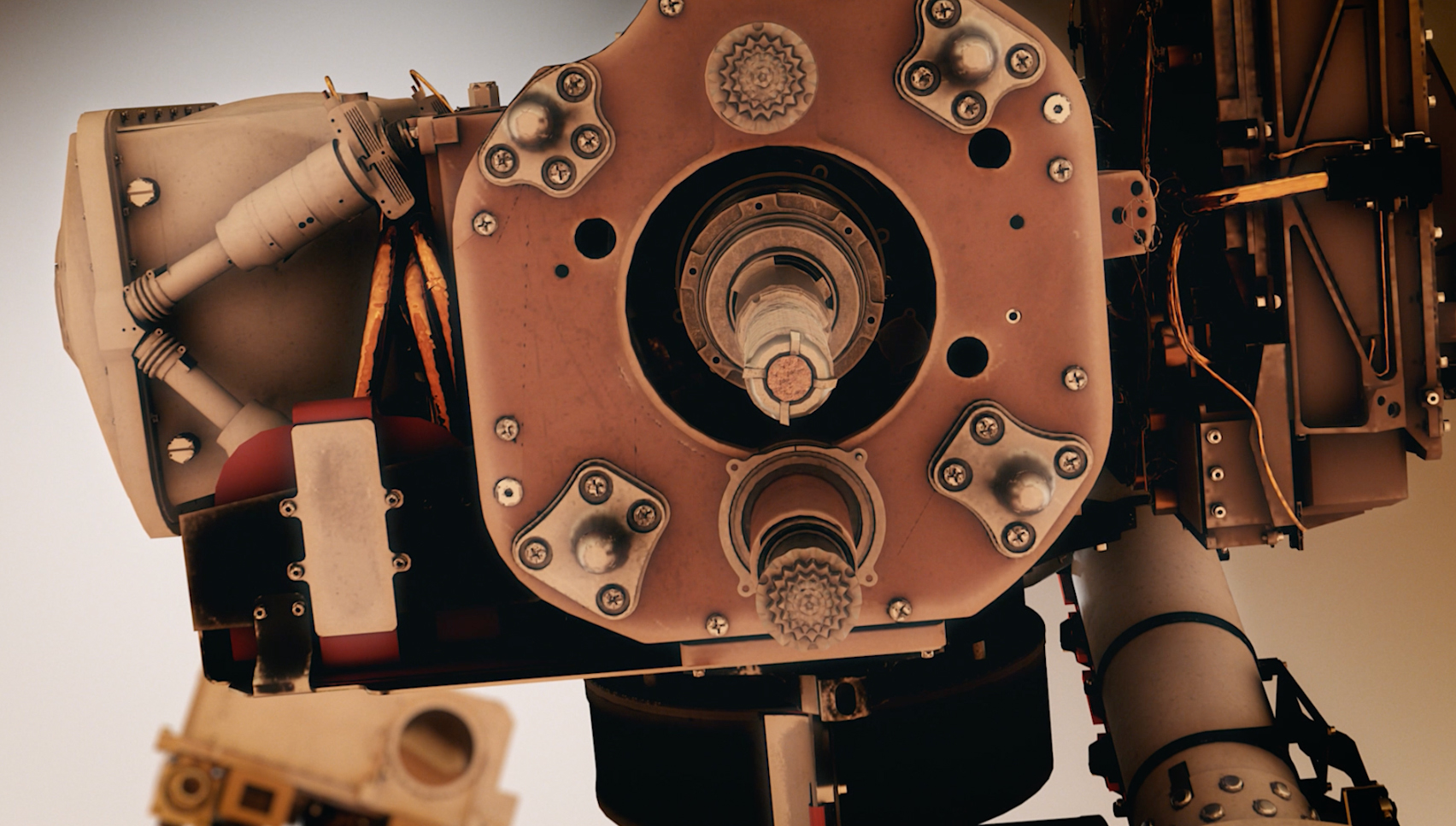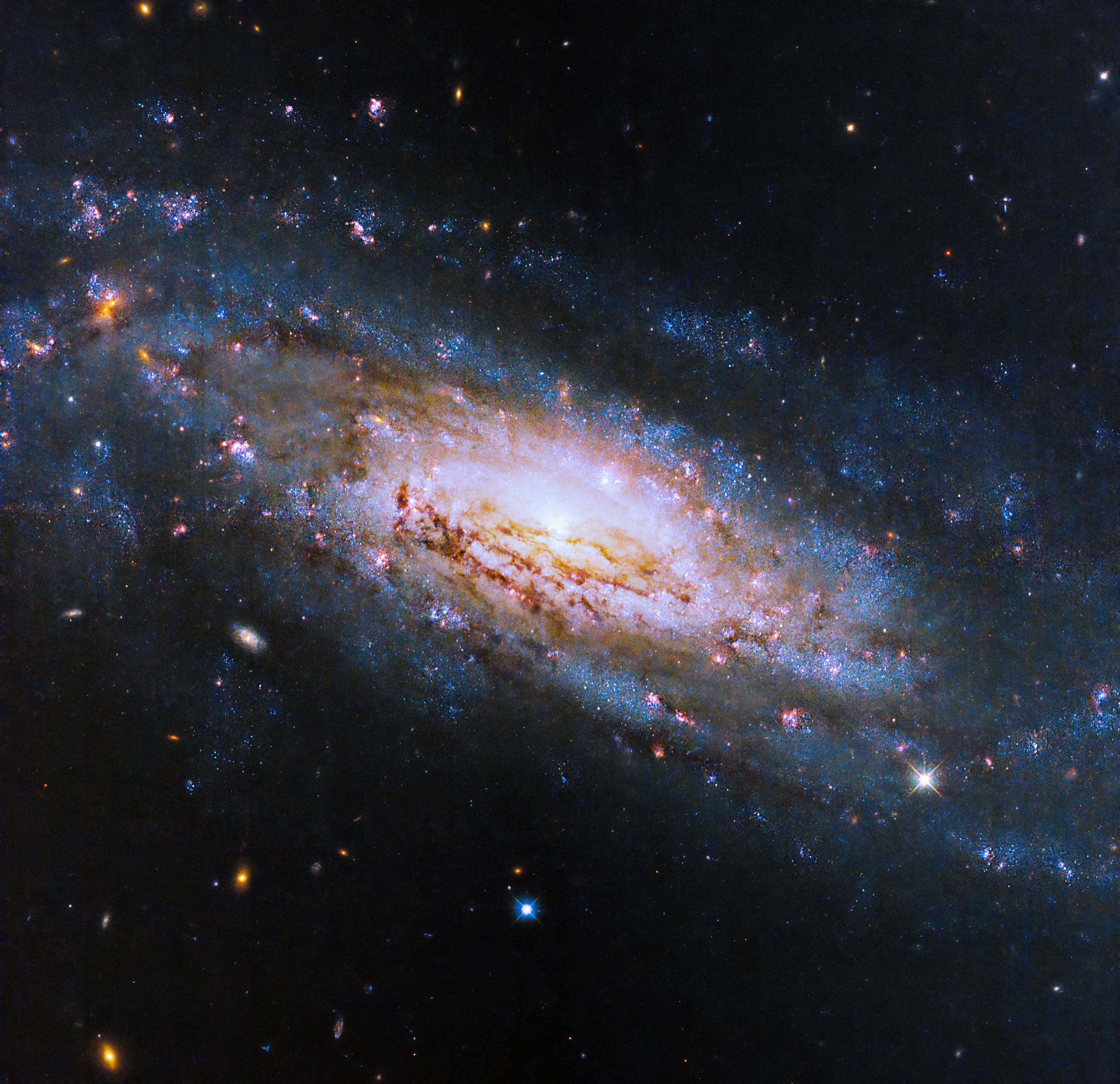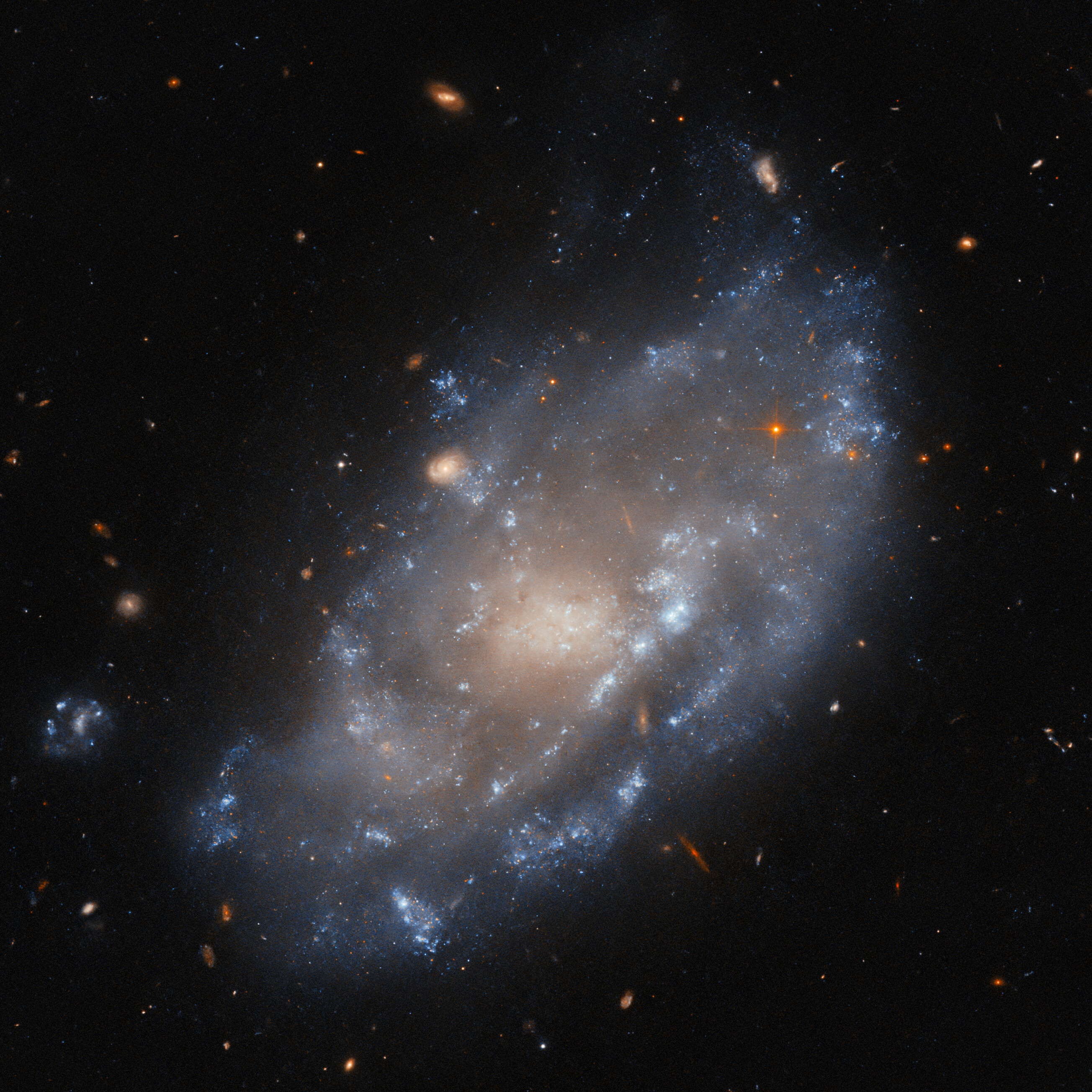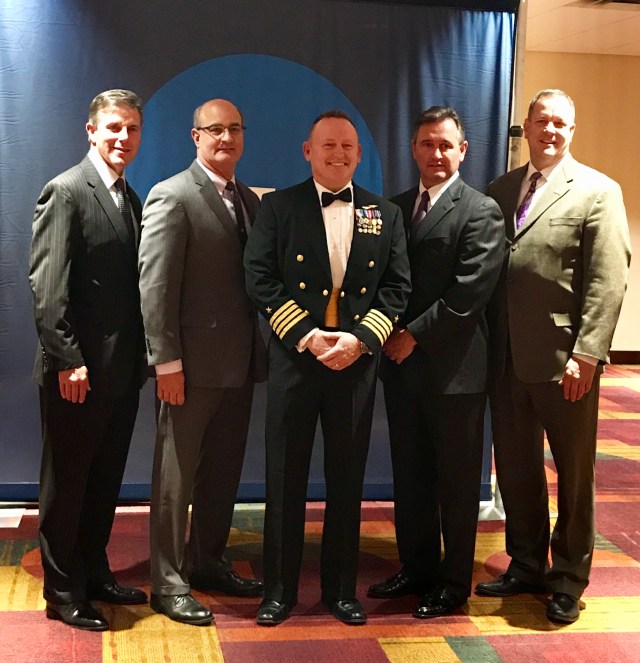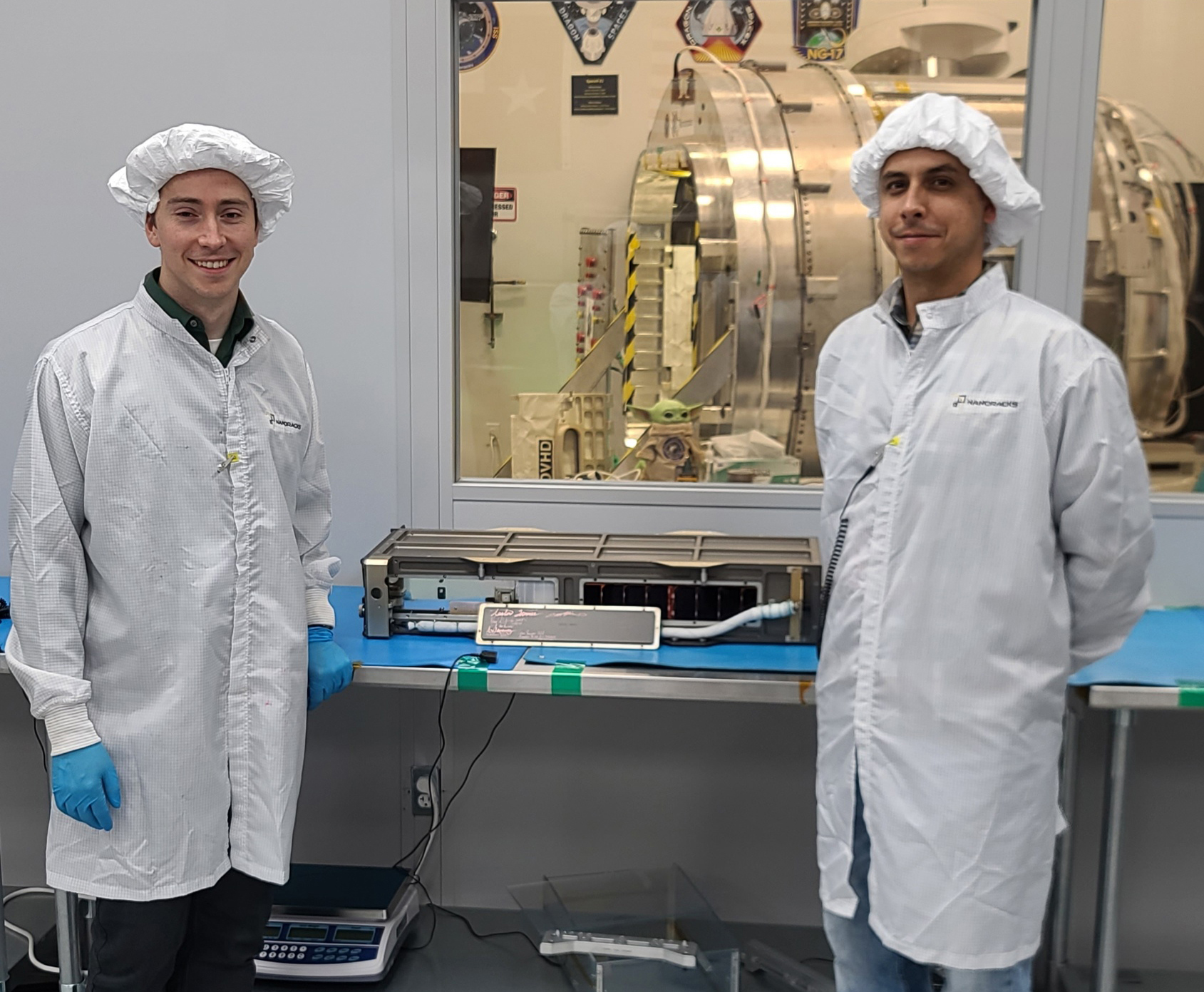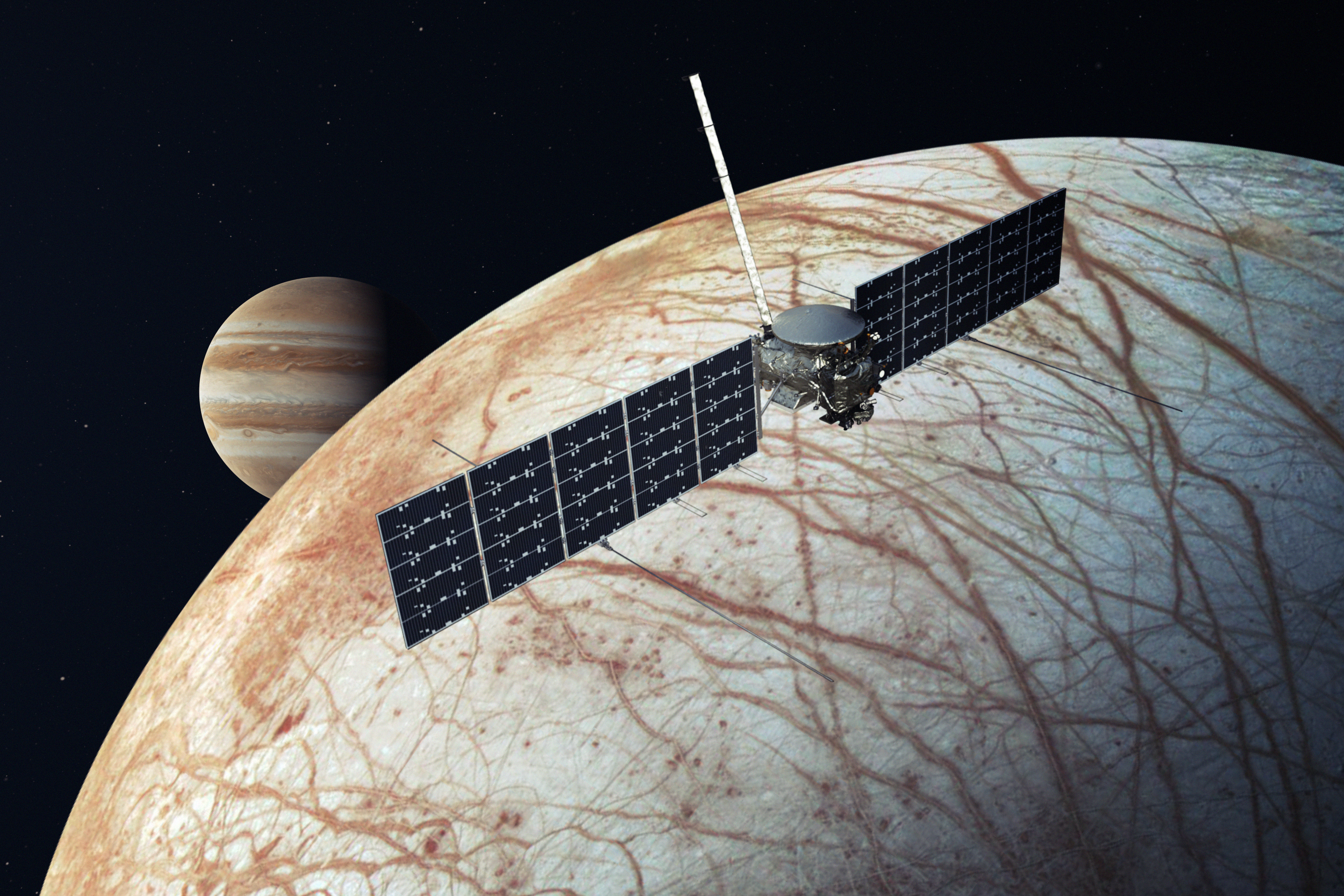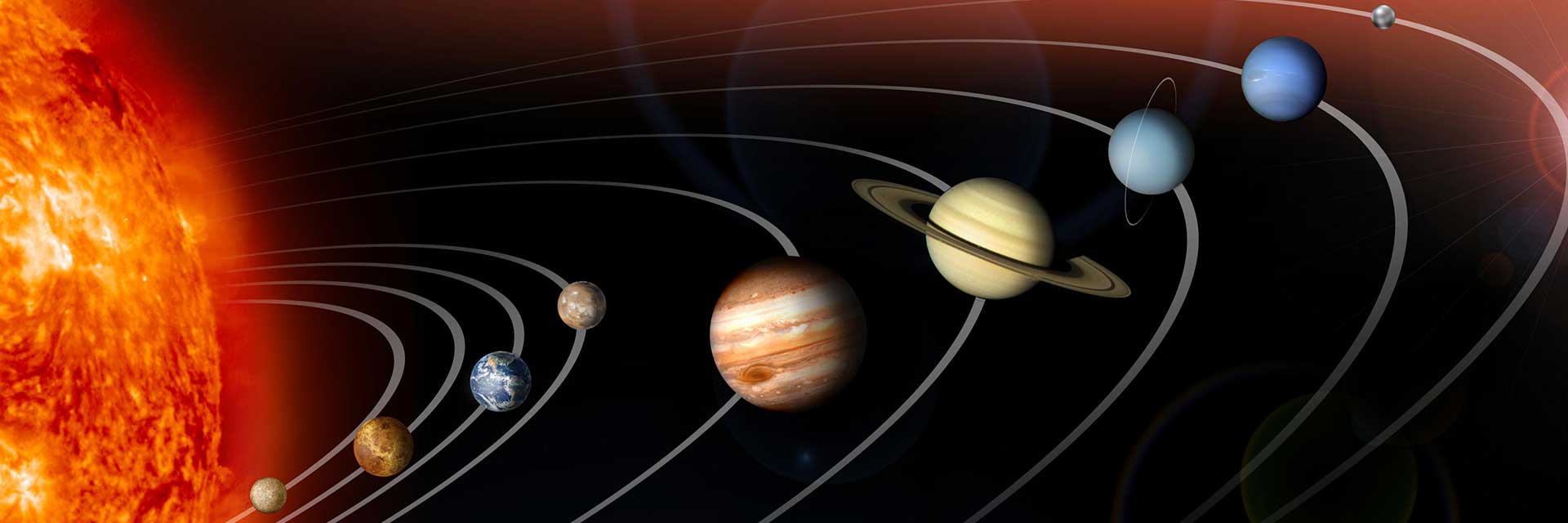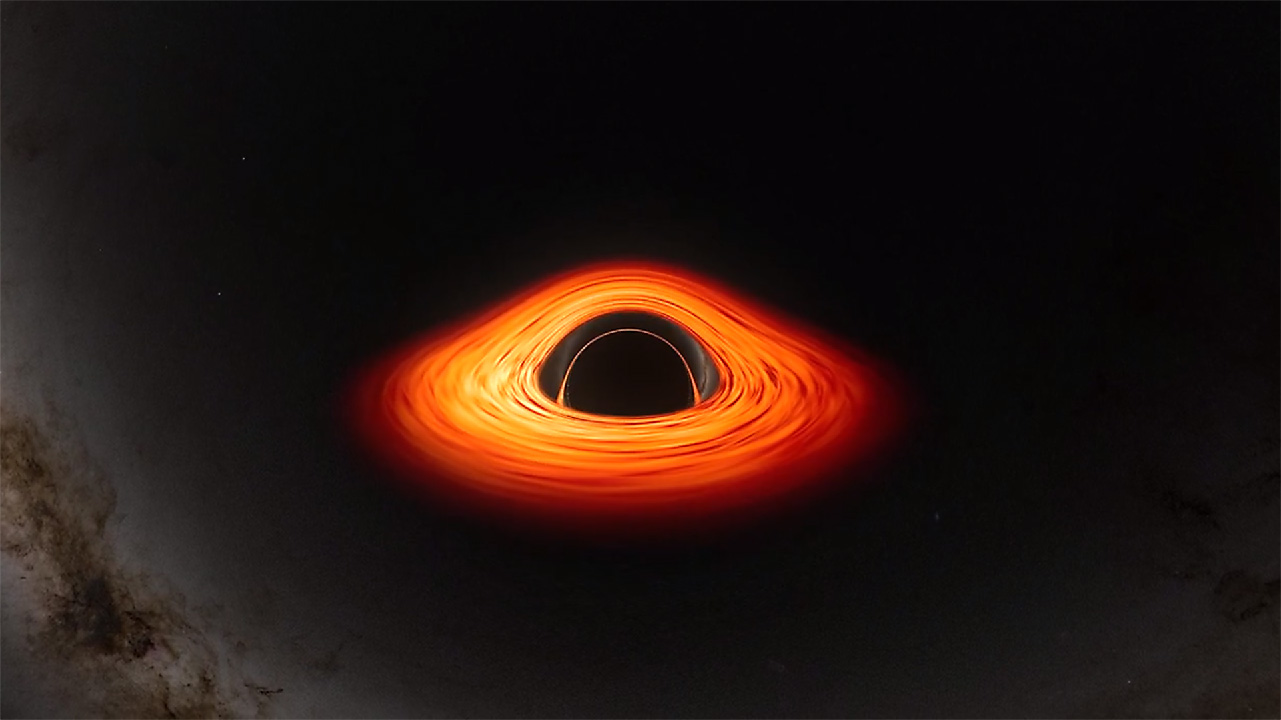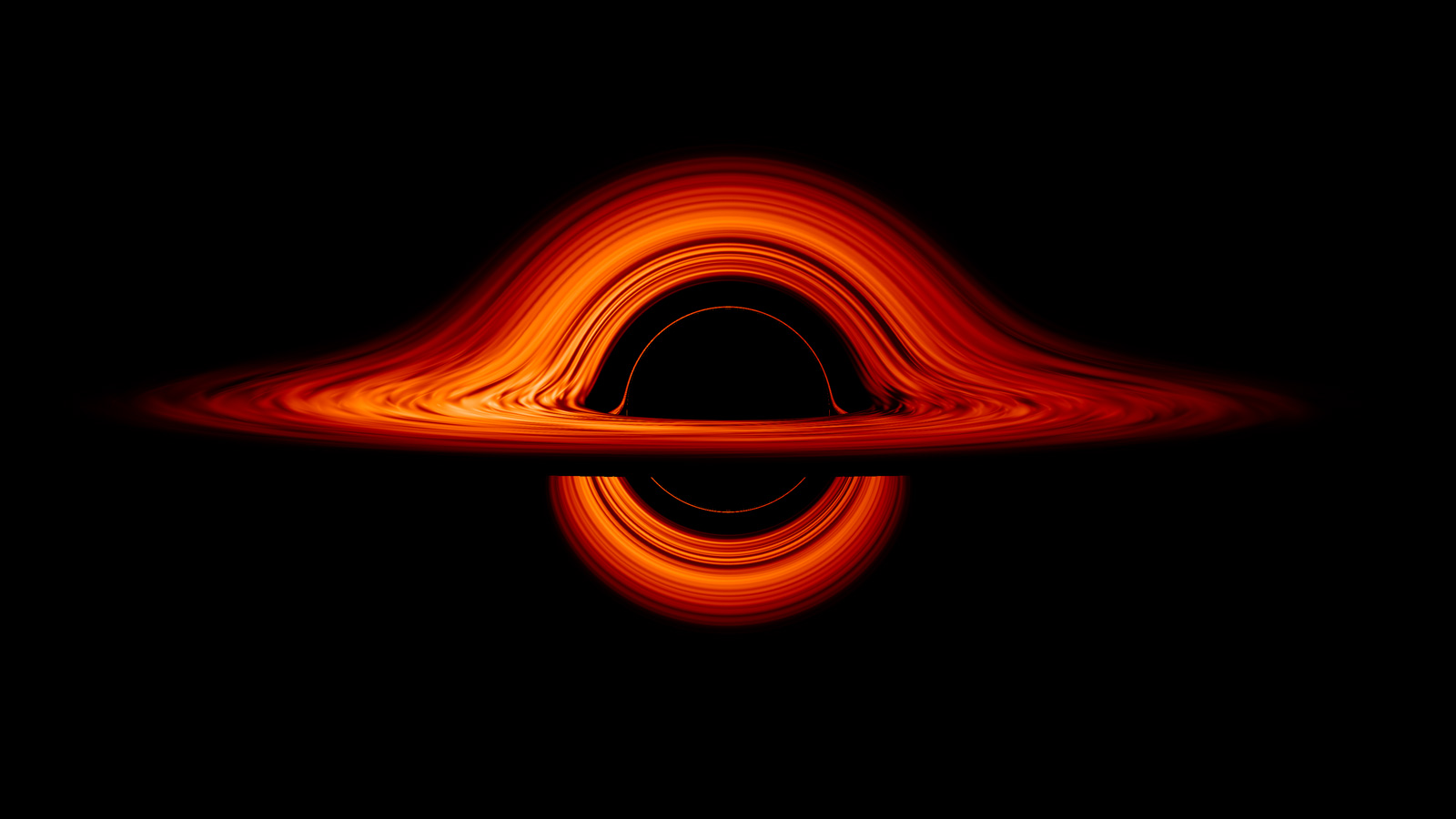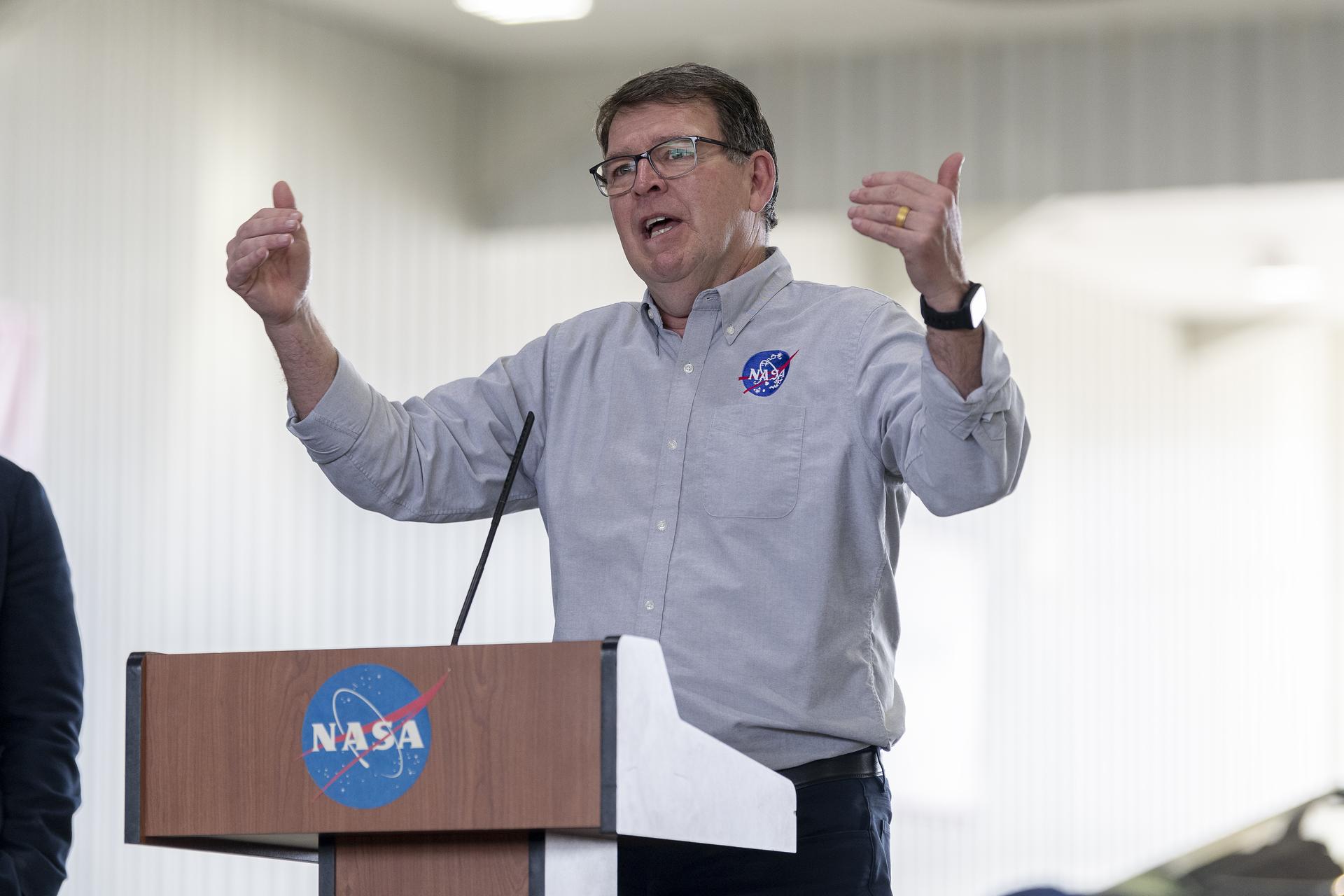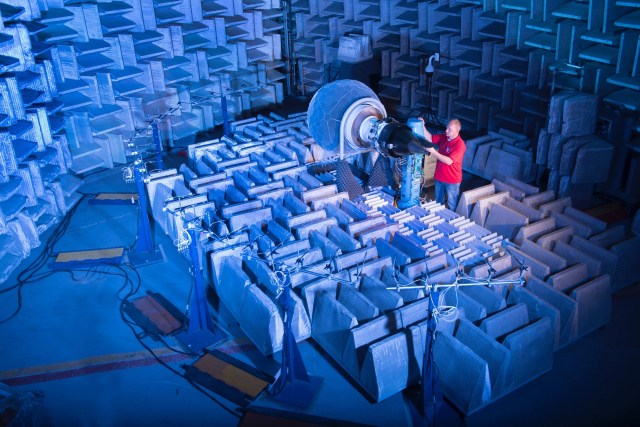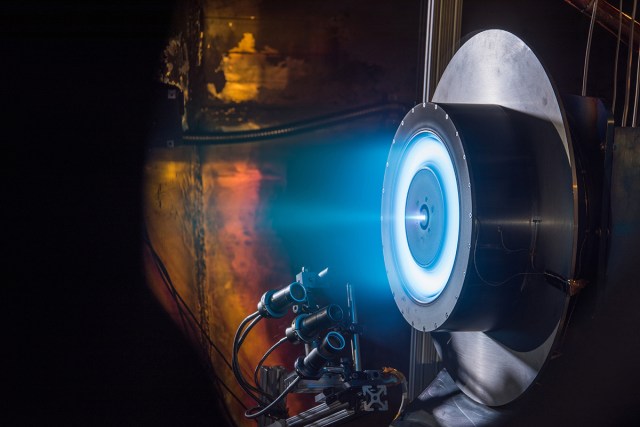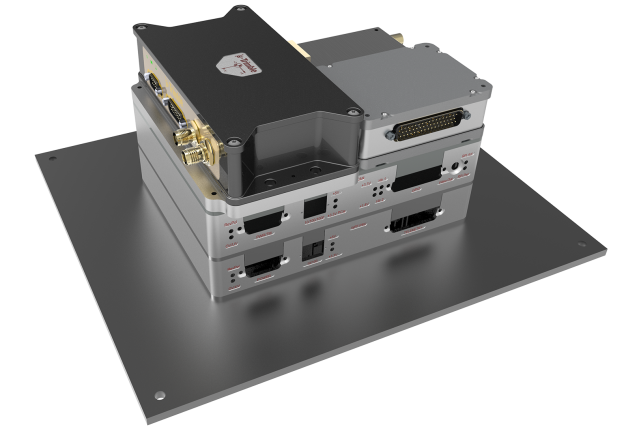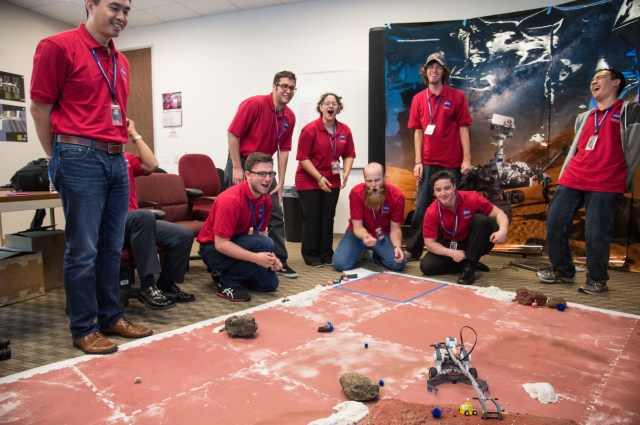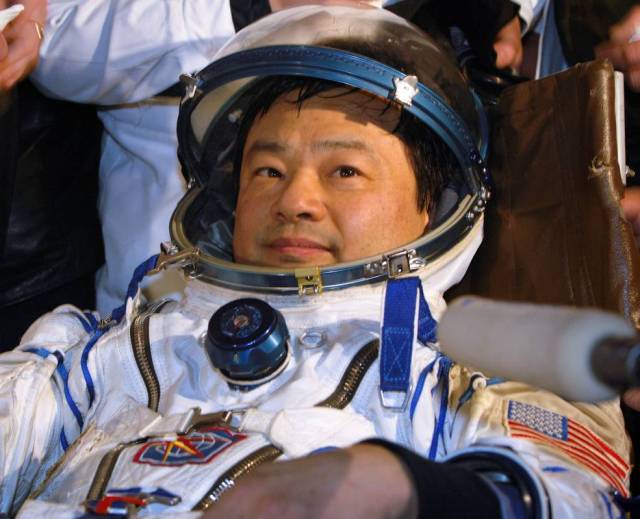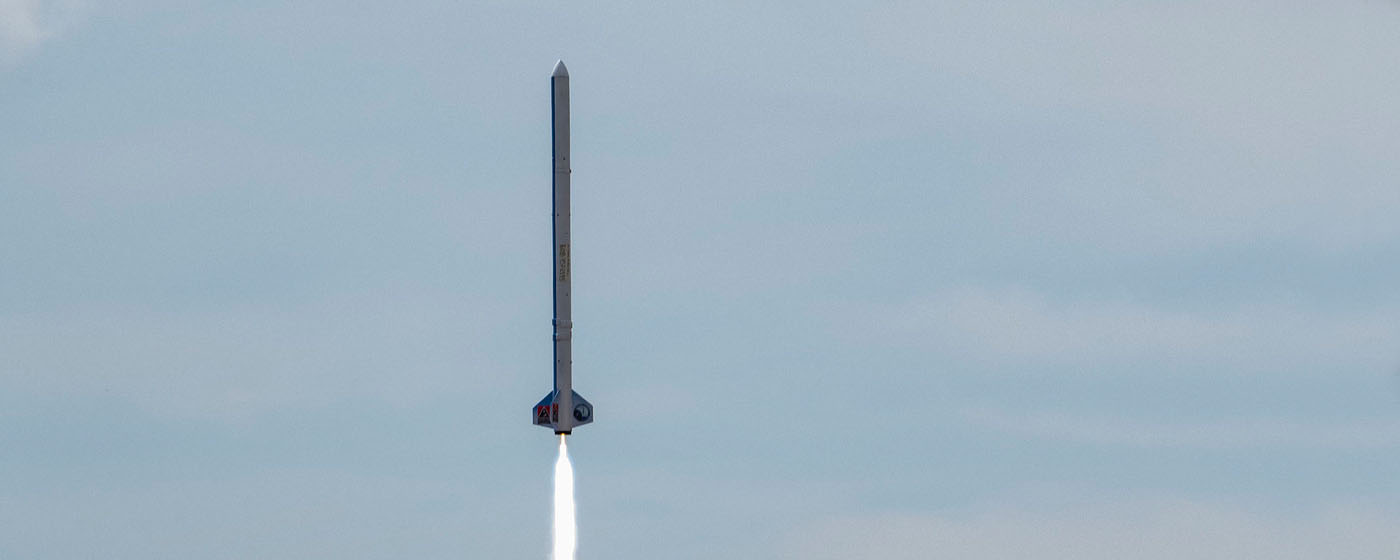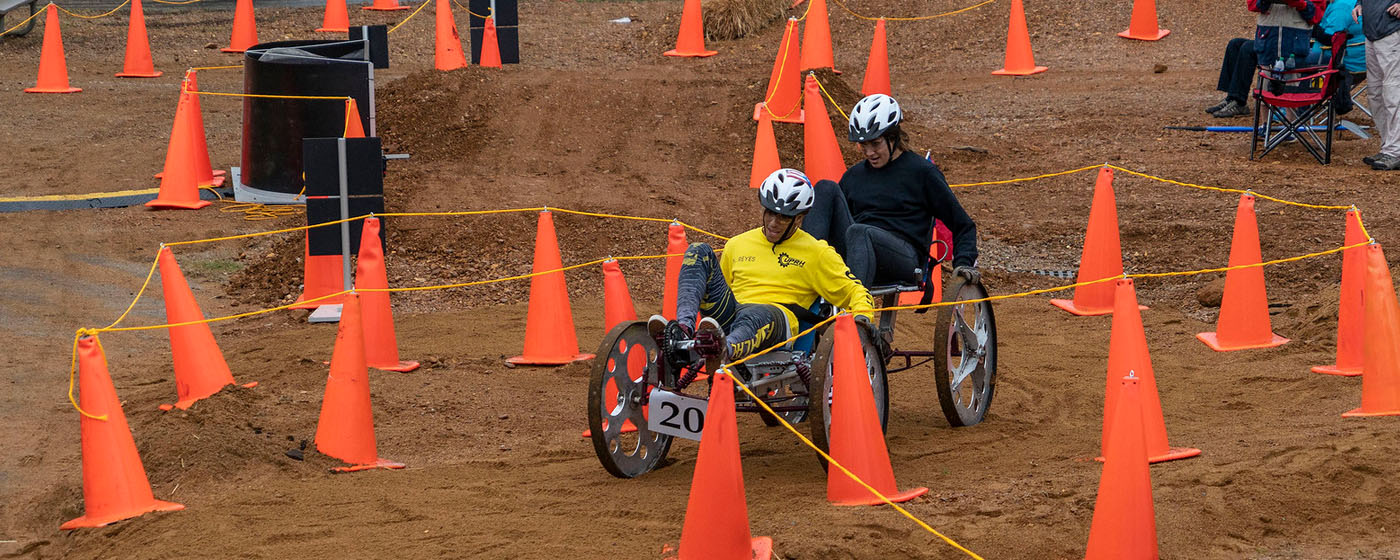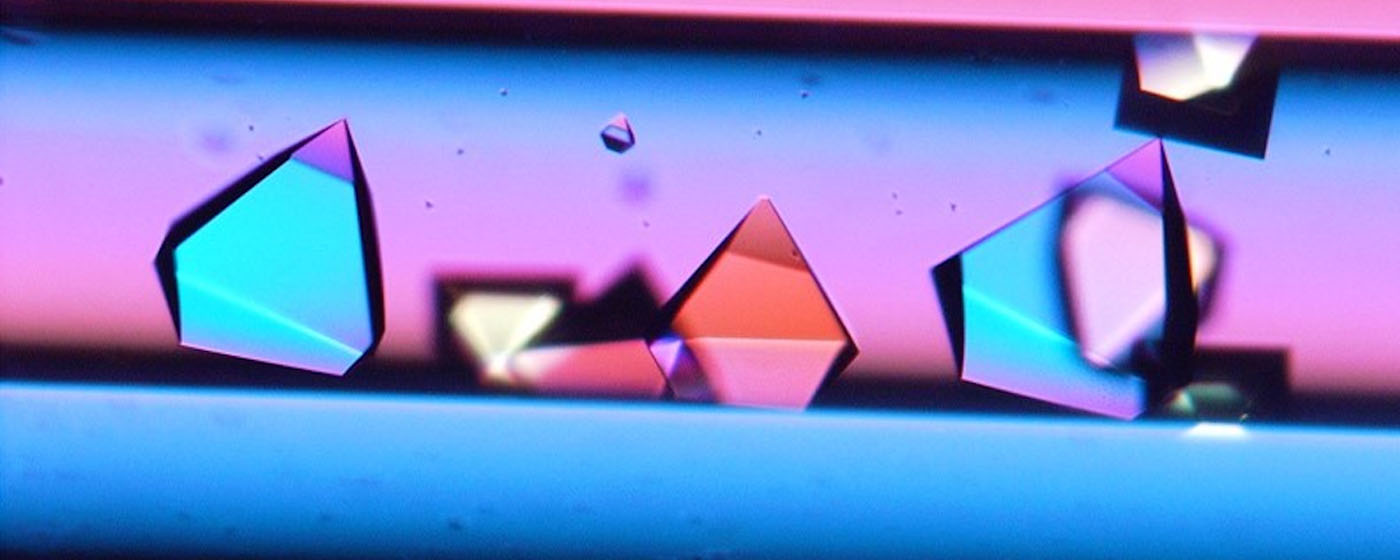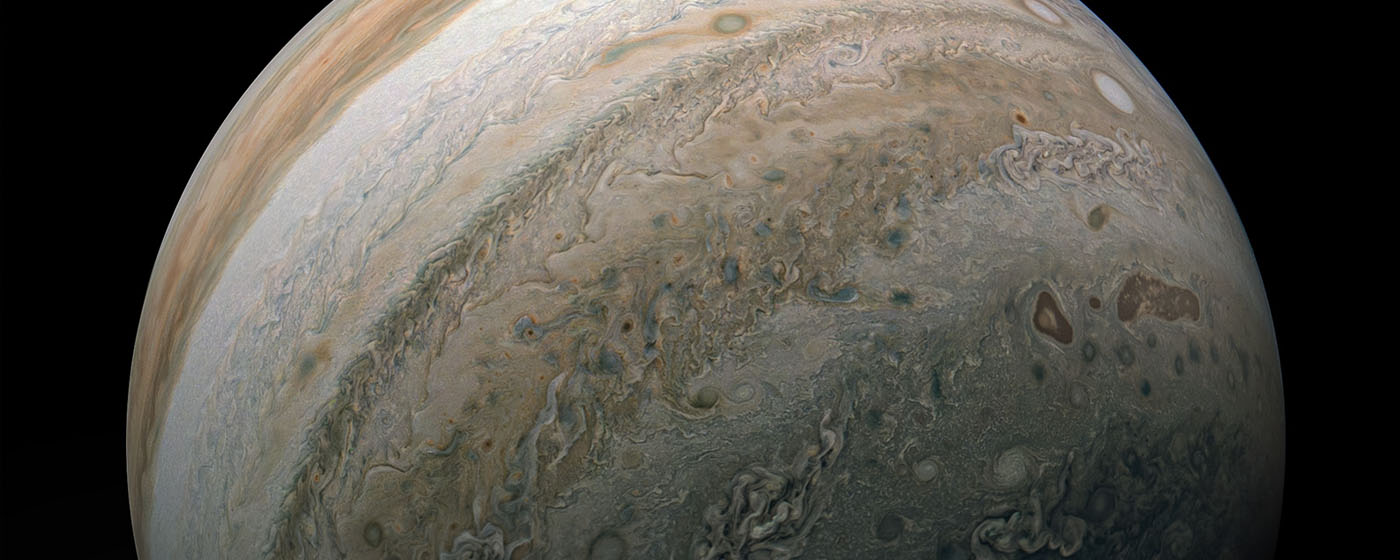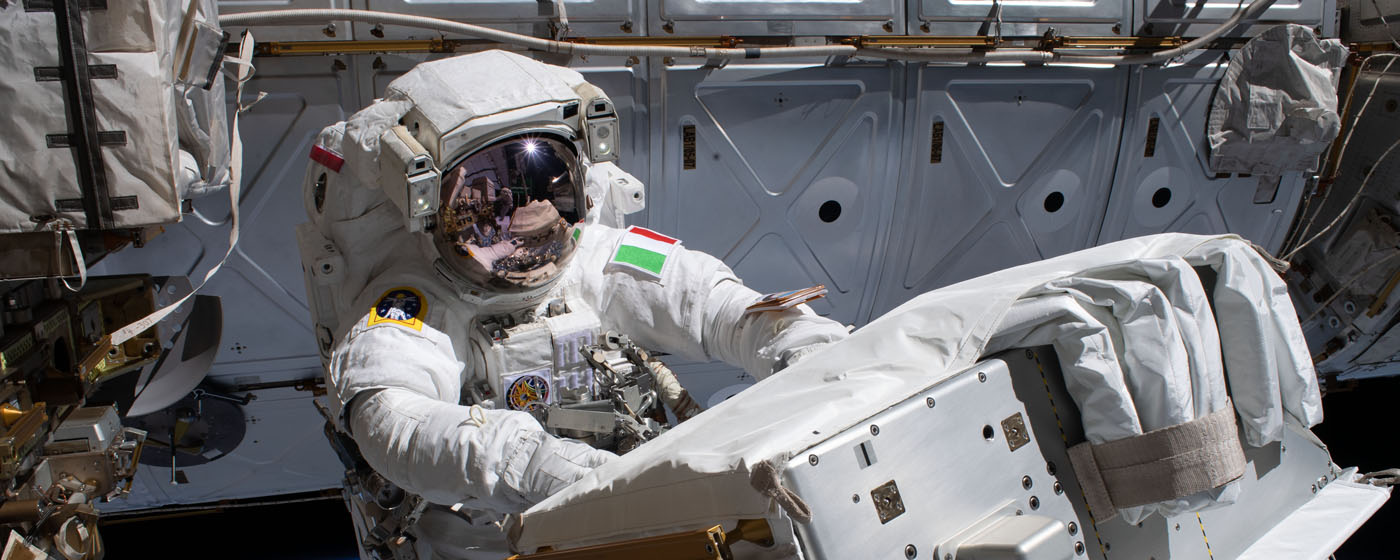Student Launch Adjusts Competition Structure to Remove Need for Travel
Due to the COVID-19 outbreak, NASA has determined that the best course of action for this year’s Student Launch competition is to replace in-person, year-end events with home-based and virtual events. The project timeline will be modified to accommodate teams dealing with closed campuses and local travel restrictions.
Rover Challenge Cancels In-Person Competition; Virtual Awards to be Presented in May
NASA has canceled this year’s in-person competition for the Human Exploration Rover Challenge. However, some awards will still be presented virtually, to reward the work that teams have already completed. The event is set to return in 2021, which marks the 50th anniversary of the Lunar Roving Vehicle’s first operations on the surface of the Moon.
Science Takes Time, Even in Lab Moving 17,500 MPH
The International Space Station has hosted a variety of scientific research for nearly 20 years. Some of that research continues for months — even years. NASA’s Marshall Space Flight Center in Huntsville, Alabama, manages science operations for the station.
Jupiter: A Massive Beauty
Not only is Jupiter the largest planet orbiting the Sun, it contains more than twice the amount of material of all other objects in the solar system combined. NASA’s Juno mission captured a look at the southern hemisphere of Jupiter on Feb. 17. Juno is part of the New Frontiers Program, managed by Marshall.
How is Space Station Research Helping NASA’s Plans to Explore Moon, Beyond?
As part of the Artemis Program, NASA plans to return astronauts to the Moon and use that experience to inform future human exploration of Mars. Almost 20 years of human habitation aboard the International Space Station and a growing body of research conducted there are contributing important insights into how to meet the needs for future lunar explorers.
For more information or to learn about other happenings at NASA’s Marshall Space Flight Center, visit NASA Marshall. For past issues of the ICYMI newsletter, click here.


